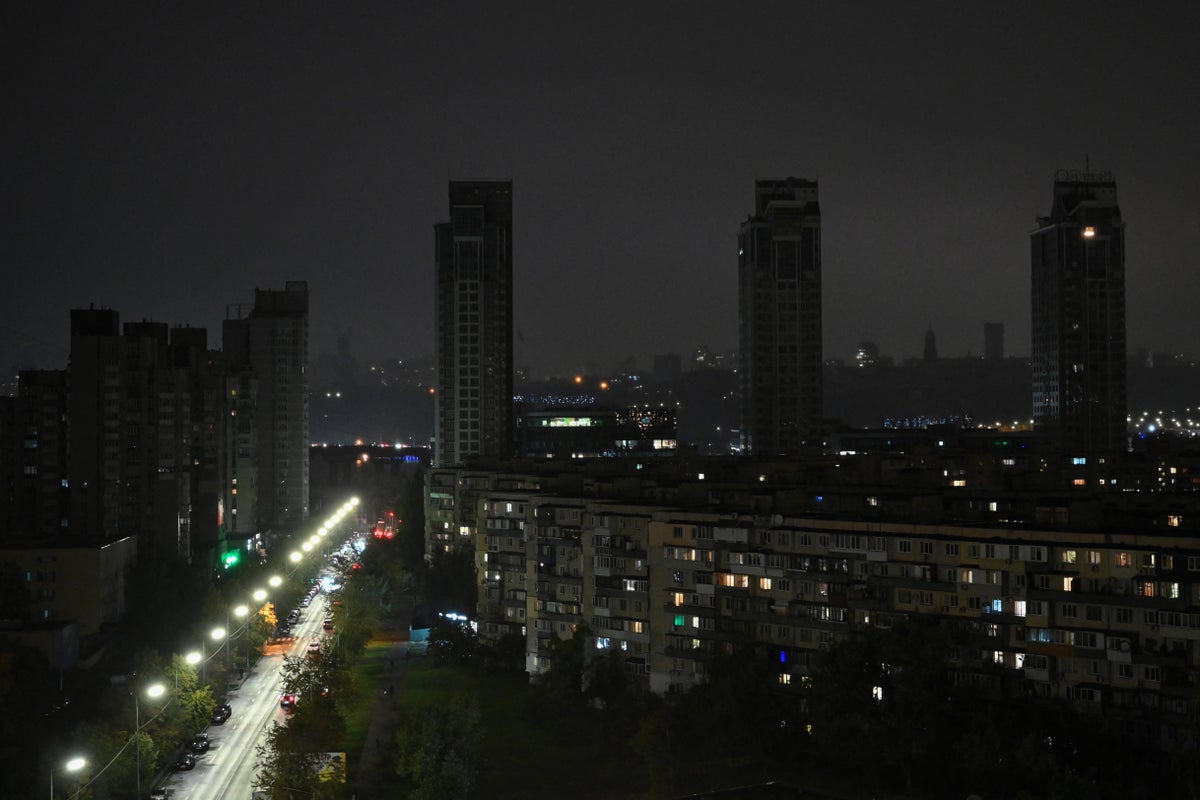More than 800,000 residents in Kyiv had their power restored on Saturday, following extensive Russian assaults on the nation’s power grid that plunged vast swathes of the country into darkness.
DTEK, Ukraine’s largest private energy firm, confirmed on Saturday that “the main work to restore the power supply” was complete, though some localised outages persisted across the capital in the wake of Friday’s “massive” Russian attacks.
The barrage of Russian drone and missile strikes on Friday morning injured at least 20 people in Kyiv, damaged residential properties, and triggered blackouts across significant parts of Ukraine.
Prime Minister Yulia Svyrydenko characterised the assault as “one of the largest concentrated strikes” against Ukraine’s vital energy infrastructure.
Russia’s Defence Ministry stated on Friday that its strikes had targeted energy facilities supplying Ukraine’s military, without specifying locations.
It confirmed the use of Kinzhal hypersonic missiles and strike drones in the operation.
The nation’s energy sector has remained a critical battleground since Russia’s full-scale invasion began over three years ago.
Each year, Russia has tried to cripple the Ukrainian power grid before the bitter winter season, apparently hoping to erode public morale. Winter temperatures run from late October through March, with January and February the coldest months.
Ukraine’s air force said Saturday that its air defenses intercepted or jammed 54 of 78 Russian drones launched against Ukraine overnight, while Russia’s defense ministry said it had shot down 42 Ukrainian drones over Russian territory.
The latest round of attacks came after the leaders of Britain, France and Germany said Friday they had agreed in a phone call to use the value of frozen Russian assets to support Ukraine’s armed forces.
In a statement published by the German government, British Prime Minister Keir Starmer, French President Emmanuel Macron and German Chancellor Friedrich Merz said they would act “in close cooperation with the United States.”
The leaders said the joint action would “increase pressure” on Russian President Vladimir Putin and “bring Russia to the negotiation table.”

